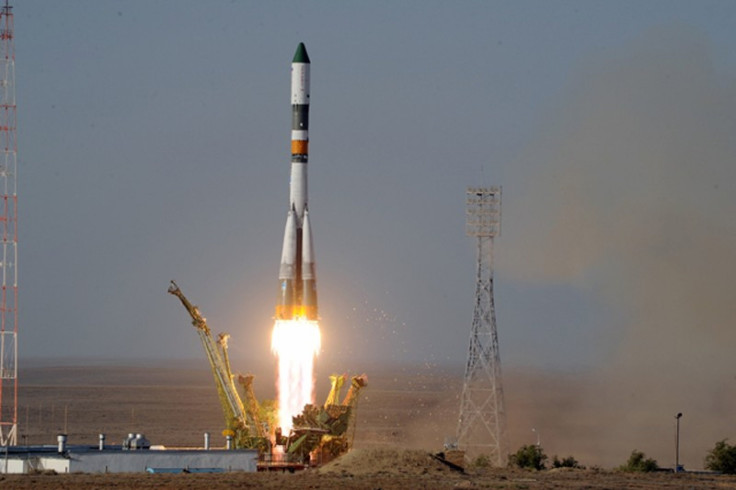Space Station May Have to Be Vacated Due to Rocket Malfunction

Following the failure of an unmanned Russian Soyuz rocket last week, the International Space Station might have to be left without a crew if NASA's Russian partners can't find the cause of the malfunction and fix it soon.
According to a senior official from the American space agency, no final decision has been taken, and Russian scientists are expected to determine and fix the problem as soon as it is safe to do so.
NASA, however, is considering plans to pull astronauts off the $100 billion orbiting research facility if the Soyuz rockets aren't ready to resume flight before the last of the present residents are scheduled to leave, at the latest by mid-November, the Wall Street Journal reported.
In a press conference last week, NASA's space station program manager Mike Suffredini told reporters the number of crew members at the space station is likely to be cut to three astronauts from its usual six within three weeks.
If things extend too long, which we don't have any indication today that's the case, but given the anomaly we have to be prepared, there is an ability to operate station with less than six crew if that becomes necessary, Suffredini said.
Space station officials hope the Soyuz problem will be solved in time for the next slated launch of a Progress cargo ship, scheduled for late October, Space.com reported.
The six astronauts currently living on the space station are Russians Andrey Borisenko, Alexander Samokutyaev and Sergei Volkov, Americans Ron Garan and Mike Fossum and the Japanese Satoshi Furukawa.
The Soyuz rocket was heading for the International Space Station, carrying Russia's Progress 44 supply ship, when it crashed in eastern Russia following a failure in the booster's third stage that forced an engine shutdown. The cargo ship was expected to deliver three tons of supplies to the space station's six-man crew.
The ISS currently has enough supplies to support the six-man crew for about 50 more days beyond the return of Borisenko, Samokutyaev and Garan, scheduled on Sept. 8, Suffredini added. There is enough to support a smaller crew through at least March 2012, when the next European space freighter is due at the station, he said.
It's a pity the launch of Progress resupply vehicle didn't go well. Experts have worked on the investigation of its various impacts, Furukawa wrote Friday, two days after the crash, on Twitter. But, as there are plenty of supplies to support the crew, we'll be fine for a while.
Although the orbiting facility can be operated remotely if NASA evacuates it, there are potential risks. There could be failures with station systems causing it lose attitude control, which could also harm the ability of Houston and Moscow to send command to the station antennas.
It would be bad because the chance for loss of station goes up quite a bit when there is no crew onboard, Leroy Chiao, a former astronaut who commanded ISS Expedition 10 in 2004 and 2005, told the Houston Chronicle.
For U.S. lawmakers and experts, Russia's series of rocket and satellite failures in the last year has caused serious concerns as the country is the only road for American spaceflight until private spaceships come into action.
NASA has contracted with two private U.S. spaceflight companies, SpaceX and Orbital Sciences, to provide unmanned cargo deliveries to the ISS in the next few years.
© Copyright IBTimes 2024. All rights reserved.





















